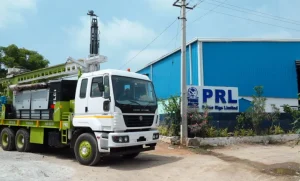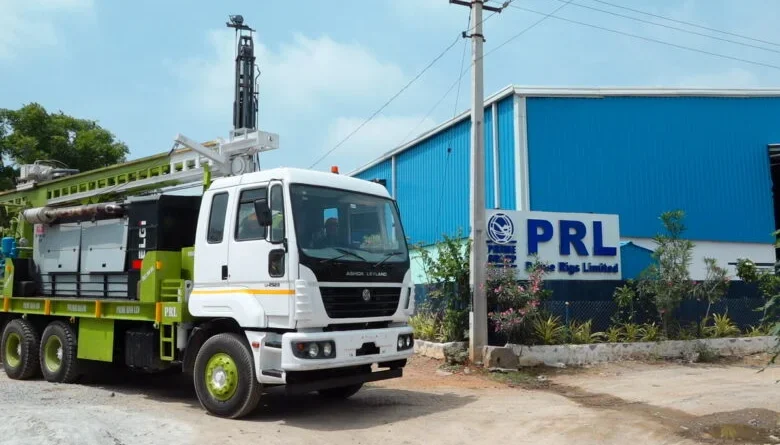Which Critical Elements Should Be Considered When Selecting Water and Well Drilling Machine

Making the right choice when choosing a water and well drilling machine is essential and can have a big impact on how well and successfully your drilling operations go. Whether you are managing a water resource project or working as a professional contractor, knowing the main aspects that affect this decision is crucial to making a wise investment.
Capacity and Depth of Drilling:
The well drilling machine power and depth capabilities are the most important factors to take into account. Drilling depths must be adjusted for different geological formations and water table depths. The machine’s power supply needs to be strong enough to drill at the ideal speeds while penetrating the anticipated geological formations. For your investment to remain feasible over the long run, take into account both your current needs and possible future projects.
Needs for Transportation and Mobility:
The mobility and transportation capabilities of the machine are essential to its overall effectiveness. Excellent mobility makes truck-mounted devices perfect for contractors that service several locations. Systems installed on trailers offer a more cost-effective option, although they might not be able to reach all types of terrain. The weight, size, and setup needs of the machine should be compatible with your normal work settings and your ability to transfer it. Think about whether you’ll be working in confined urban spaces or in places that are difficult to get to.
Methods of Drilling and Adaptability:
Drilling techniques used by modern drilling machinery include auger systems, down-hole hammers, and rotary drills. The benefits of each approach vary based on the geology and project specifications. Machines that support a variety of drilling techniques are more flexible and can adjust to various soil types. Switching between drilling techniques can greatly increase productivity and broaden your range of services. Determine if the machine is capable of using the drilling techniques that your target market most frequently needs.
Costs of Maintenance and Operations:
Drilling machine ownership and operation have long-term financial effects that go beyond the initial purchase price. The overall cost of ownership is influenced by fuel economy, operational expenses, spare component availability, and the need for routine maintenance. Though they may need more specialised maintenance, modern machines with sophisticated hydraulic systems may offer greater fuel efficiency. The availability of local service facilities and the manufacturer’s reputation for post-purchase assistance should be taken into account. Reliability and low downtime should make the machine’s durability and anticipated service life worth the investment.
Safety attributes and conformance:
When it comes to well-drilling activities, safety is crucial. Stability control mechanisms, appropriate guarding of moving parts, and emergency shut-off systems are all crucial safety characteristics that modern drilling machines should have. Both industrial safety requirements and local legislation must be met by the machine. To lower the danger of injury and physical work, advanced safety measures may include automated rod-handling devices. Make sure the machine satisfies or surpasses the safety standards for your working area and use case.
Control systems and technology integration:
The water drilling machine technological capabilities have seen substantial advancements. Data logging, real-time monitoring, and accurate drilling parameters can all be obtained with advanced control systems. Enhancing drilling precision, lowering operator fatigue, and producing useful project documentation are all possible with these features. High-tech equipment can improve operational efficiency, but take into account the technical know-how and training needs of your staff. For optimal productivity and operational simplicity, the control system should strike a balance between automation and user-friendly operation.
Conclusion:
The success of the machine can be greatly impacted by the dealer’s or manufacturer’s degree of assistance. Reactive customer service, thorough training programs, and technical documentation are all beneficial resources. Take the manufacturer’s reputation for offering technical support, troubleshooting help, and operator training into consideration. Expert advice can help maximize the machine’s performance and avoid expensive errors during the initial setup and operation phase.

